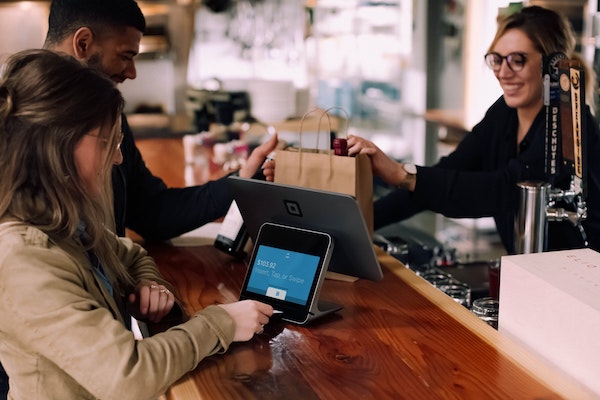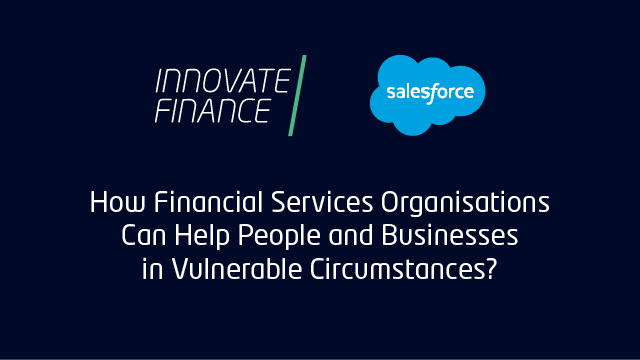In this blog, I will take a look at the industry trend we are seeing of going cashless on some of our most vulnerable in our society.
We have seen in recent times the effect of reducing the acceptance of cash as a safer alternative to payments. However, there is a huge risk to a wide proportion of people by moving to a cashless society.
Who is at risk of cashless?
- Those who live in areas where poor internet connectivity could stop payments.
- People who rely on cash to ensure that they budget properly.
- Anyone in an abusive relationship who may lose financial independence without access to cash.
- People with physical or mental health problems who find using digital services difficult.
It is estimated that almost half the U.K. population, or around 25 million people, use cash as a necessity. We as society need to be aware of these people especially during these turbulent times.
We are now living in an age where we can do the majority of financial transactions through our mobile digitally. This is all due to technological advances but is there a danger of shutting out the most vulnerable as we move to a more digital banking ecosystem?
Improvements within Financial Inclusion
It was reported by the World Bank that almost 1.7 billion people weren’t included in the financial system. However we are living in a period of unprecedented growth in financial inclusion (Financial inclusion refers to the design of products and services that are safe and affordable and which meet the diverse, often complex, needs of people who do not have a banking account.) and that by 2022, an additional 800 million adults will be included in the formal financial system leaving just 15% of the global population unbanked (down from 49% in 2011). This is great news and shows the rapid advancements we are making in this space as a society.
However, there are still many parts of the UK without an adequate mobile signal therefore cash is essential for the likes of taxi drivers, window cleaners or anyone working outside a fixed location to take cash payments. There are also many people in the UK who are just not comfortable managing their money due to a variety of reasons. You can't overspend if you take out your money for the week and ensure that's all you will use. Having access to a bank account on demand could cause fundamental issues with these vulnerable members of society particularly people suffering from addictions.
In the US, according to McKinsey, 74% of workers say they live from paycheck to paycheck, illustrating the impact that prolonged periods without work could have. Banks should rapidly identify the most affected sectors and customers to understand how they can provide the best support. This is where Banks will be seen to become a trusted partner in our community and perhaps build some bridges following on from the 2008 financial crisis.
Due to the decrease in interest rates we will also see a huge impact on digital only providers who offered better rates to differentiate in this highly competitive market. No longer will they have an edge on some of the incumbent banks. In fact this could pose a great opportunity for incumbent banks to be a supported partner to their customers during these highly competitive times in the aim of building loyal customers who will not switch over to a digital only provider once interest rates increase again. This can be done by offering a consistent, seamless and frictionless customer experience to the customer.
Salesforce’s Impact
At Salesforce we are so pleased to have aligned with the United Nations to make the world a better and more sustainable place through 17 sustainable development goals (SDGs). Each goal takes on a different world challenge including poverty, hunger, education, and quality of life. It will take the global community working together to tackle these significant challenges.
The UN Sustainable Development Goals are aligned with the World Bank Group’s twin goals of ending extreme poverty and boosting shared prosperity. Financial inclusion is positioned prominently as an “enabler” in achieving the 17 SDGs by 2030, where it is featured as a target in eight of the seventeen goals.
It would be difficult to imagine global poverty eradication without providing access to banking. Access to formal banking channels and banking system products (e.g., access to credit, opportunities for savings) will play an important catalyst in eradication financial exclusion for good.
Let us all remain aware that some people still need access to their local bank branch and that not everyone is in a position to pay digitally for their goods and services. An inclusive society that looks out for all members of society is a society that thrives and will come out stronger.
Join the upcoming Innovate Finance webinar on Financial Inclusion sponsored by Salesforce: How Financial Services Organisations Can Help People and Businesses in Vulnerable Circumstances? to dive deeper into this important conversation.








